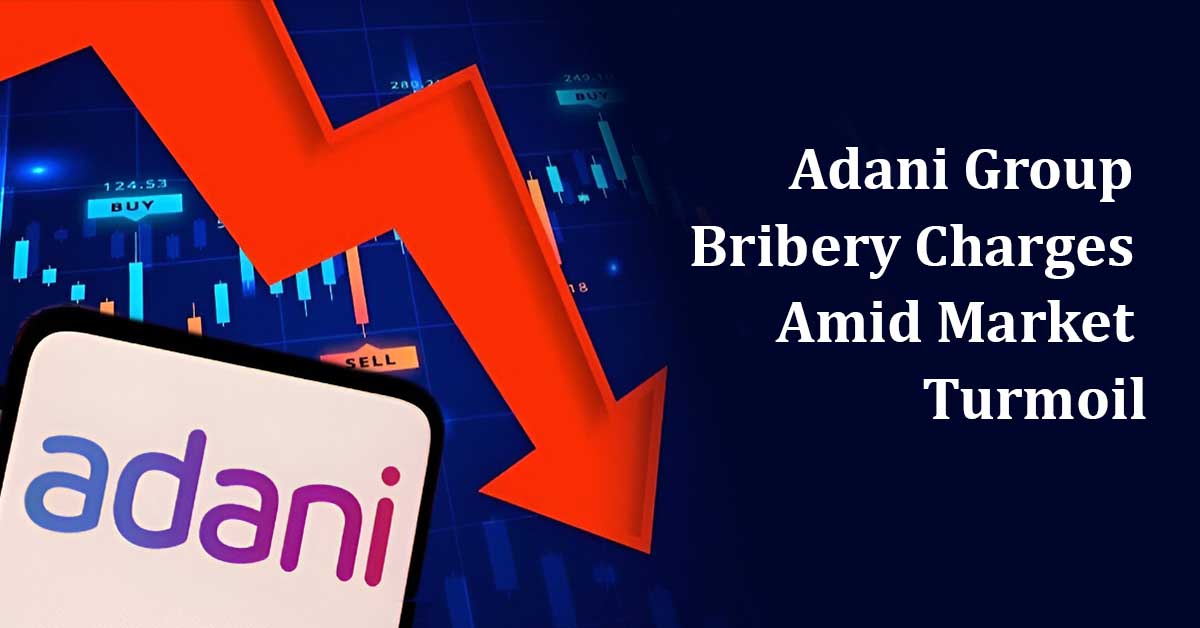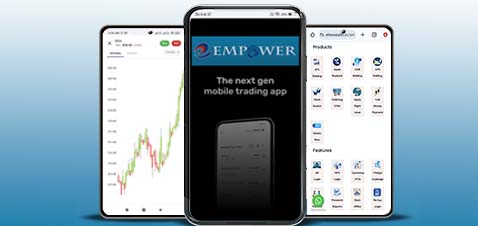
The Adani Group, an Indian multinational conglomerate, has come under scrutiny as U.S.prosecutors in New York allege the company paid around $250 million in bribes to Indian Officials to secure solar energy contracts. This investigation, under the Foreign Corrupt Practices Act (FCPA), has raised concerns among global investors and could result in significant legal and financial consequences.
Banking Exposure and Risks
The Adani Group’s total debt as of 2023 stands at ₹2.41 lakh crore, with approximately ₹88,000 crore sourced from the Indian banking sector. The State Bank of India (SBI) has the highest exposure at ₹27,000 crore, which constitutes just 0.88% of its loan book, which is a manageable figure for the bank. Other Indian banks with exposure include Punjab National Bank and ICICI Bank.
While global banks like Barclays, Standard Chartered, and Deutsche Bank have helped Adani with bond issuances, the overall banking impact is expected to remain limited. But there are chances that if allegations escalate, banks could face challenges in loan recoveries or face credit downgrades on Adani’s debt. Indian banking stocks are already sensitive to regulatory risks, so they might see volatility.
Major Investors
Major investors in the Adani Group include GQC, Quant Mutual Fund, and Indian players like SBI Mutual Fund and HDFC Mutual Fund.
GQG Partners, for instance, holds significant stakes in Adani Green Energy (approx. 5.28%), Adani Enterprises (approx. 3.52%), etc. as of the latest filings. Quant Mutual Fund has substantial exposure to Adani stocks in its midcap and flexicap portfolios.
While mutual funds with significant Adani exposure may see short-term NAV fluctuations due to declining stock prices, the long-term impact will depend on market recovery and developments in the case.
PSP bond issuance in the U.S.
Adani recently issued around $600 million in bonds linked to PSP (private sector participation) projects in the U.S. market. These bonds aim to fund infrastructure development under its ambitious $100 billion investment plan. The bribery allegations could dampen investor sentiment, causing bond prices to drop and making future issuances more challenging. Since the Hindenburg report, U.S.-based stakeholders are already cautious and may further scrutinize their involvement.
Global Stakeholders and Investment Concerns
Key players in the Adani Group include TotalEnergies, a strategic partner in renewable energy projects. Sovereign wealth funds such as the Abu Dhabi Investment Authority and Qatar Investment Authority have invested in Adani’s infrastructure ventures.
U.S.-based institutional investors like BlackRock, Vanguard, and Capital Group have exposure to Adani’s bonds and stocks via emerging market portfolios.
GQG Partners has invested $1.9 billion in Adani entities. Quant and SBI Mutual Fund also hold significant stakes in Adani stocks.
Adani Ports and Adani Enterprises shares fell by over 10%-20% each following the allegations, with similar declines across other group companies.
Conclusion
The bribery allegations have opened a challenging chapter for the Adani Group, affecting investors, banks, and market stability. While the company continues to deny wrongdoing, the unfolding investigation could have lasting repercussions on its financial ecosystem and global investor trust. The outbreak of the news has disrupted the already sensitive market. Immediate impacts on stock performance and stakeholder confidence are already visible, but accurate outcomes will depend on the further investigation’s progress.


